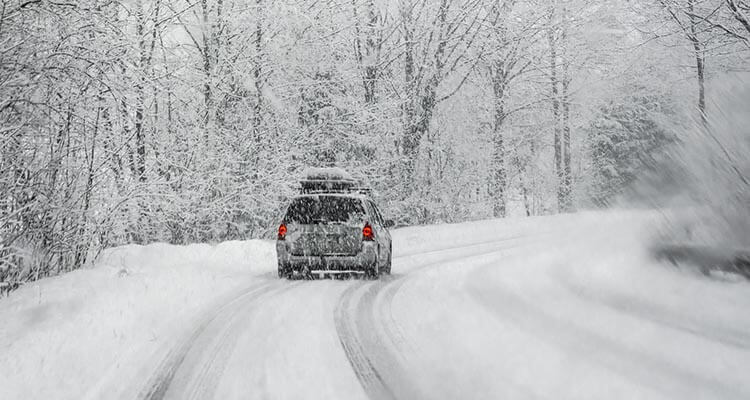Get your car serviced.
If your car is due a service, get it done before the winter.
While the cold can cause lots of problems for cars, up to half of them could
have been prevented by regular servicing and maintenance checks. Also take
advantage of the free or discounted 'winter car checks' offered by some
garages.
Check your battery.
The battery should be a priority for the winter. During the
winter months it suffers from a double whammy of cold temperatures - reducing
the output - and the increased use of lights, heater and blower, which place it
under additional strain. Batteries have an effective life of around five years
so if your car is having problems starting get the battery checked out and
replaced if necessary.
Top the engine coolant up with anti-freeze.
Engine coolant should be a 50/50 mix of water and
antifreeze. You will need to top it up with antifreeze as it becomes diluted
over time. People make the mistake of topping up with water during the year, so
the antifreeze gets over-diluted and freezes during very cold weather. This can
lead to the engine over-heating and a very large repair bill.
Check the condition of your tyres
As a car’s tyres are key to both steering and braking, it is
essential they are in good condition so check tyres for pressure and tread
depth. You should be looking for a minimum of 3mm depth during the winter,
compared to the legal minimum of 1.6mm, as this gives better grip. You could
also look at changing from summer to winter tyres, as these also offer
increased grip in snow, slush or ice.
Clean your lights.
Check that all lights, indicators and rear reflectors are
clean. Make sure there are no cracked lenses or blown bulbs and don’t forget to
check full beam headlights, fog lights and indicators.
Wash your windscreen wipers.
Give your windscreen a thorough clean inside and out and top
up your screen washer fluid with antifreeze. Run your finger down the wiper
blades to check for nicks and tears. Check for any chips in the windscreen, as
these can grow in the cold weather. Also touch up any chips in the bodywork as
the salt deposits on the road will attack these.
Prepare for longer journeys.
Before setting off on a longer journey, check the weather
forecast, travel news and safest routes. Also, allow extra journey time to
avoid having to rush. Clear all windows of snow and ice using a scraper and
de-icer, and ensure you have antifreeze in your car.
Carry a winter breakdown kit.
This should include a shovel, torch, blanket, hi-visibility
vest, screen wash, food and drink supplies, scraper and de-icer, and snow grips
for your shoes in case you need to walk to safety. And don't forget a fully
charged mobile phone. Drive according to the road and weather conditions. Common
sense needs to prevail to reduce the number of accidents, so slow down, stay
alert, and stay in control. Include a BriteAngle LED Warning Triangle in your
kit for optimum visibility when stopped on the roadside.
Check your cover.
Comprehensive breakdown cover is crucial at this time of
year and will give you the peace of mind of knowing you won’t end up stranded
in the cold. So check your policy and remember to take a contact phone number
with you on all journeys.
Other important areas.
Keep at least a quarter of a tank of fuel in case of unexpected
delay and check the oil. If you have a bit of motor know-how, check your brake
pads, brake discs and brake fluid to ensure the brakes are fast and responsive.
Ensure the fan belt and alternator drive belts are tight and not worn and that
plugs and other leads are in good condition and secure. If you don't feel
confident making these checks, any garage should be able to help.
